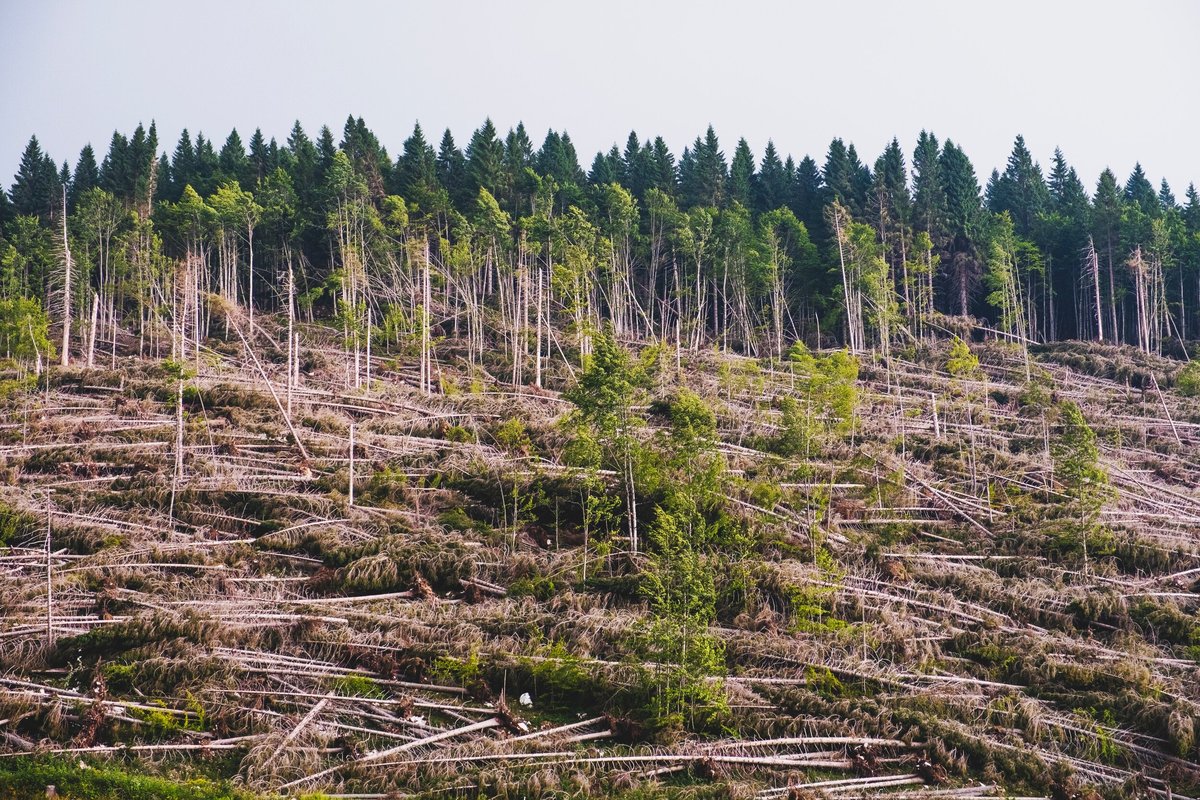We have the right to know!

This idea came to my head one night I could not sleep, while thinking about Apple and how I don’t like people spending so much money on overpriced products, especially I’m referring to those clients who are not wealthy and could invest that money on something more beneficial for them. The original idea was to impose on manufacturers to display the real cost of the products broken down into all the elements, materials, marketing, logistics, intermediaries, profit, etc. in the labelling or in any other easily accessible way, with the purpose of empowering society to be able to make more informed decisions. This information is more or less available in the case of public companies since they provide such data because of shareholders and potential investors must be aware of the finances, but it is not easy to extract such data from the reports. But I knew it would be impossible to apply this because companies would oppose it too hard and politicians have no real incentive nowadays to push this because there is no public demand for it.
But following this proposal, came the one I would like to discuss and that is more feasible. The problem that tries to solve is more or less the same, to help people make informed decisions, but this time in respect to the effects on the environment of our consumer choices. In my opinion, is more feasible because it is a topic that is commonly talked about nowadays, and both the companies and governments are pushing for measures and legislation to alleviate our impact on planet earth because of public awareness on the issue. A life-cycle assessment for each product, throughout all the supply chain, taking into account material extraction, transformation, transport and recyclability is what, in my opinion, is needed. This would also help companies to achieve their already set goals of being carbon neutral because to accomplish this, you need to really have accurate data on the matter.
There are already initiatives in the good direction, like the one by SeafoodWatch, who creates guides, for each state in the US, for consumers and businesses to choose seafood that's fished or farmed in ways that support a healthy ocean (this is just an example I stumble upon two days ago). But an easier way to compare all types of products while buying would be crucial, awareness is growing rapidly in developed countries, but to accelerate the transformation towards a more sustainable future we need to give the public the tools to do their part.
The system could come in a quantifiable form made using standardised approximations, because assessing the exact impact is impossible, achieving this to a reasonable level of magnitude to have an idea of the impact is key. Another method could be a ranking method similar to the one used for energy efficiency for home appliances in Europe. Anyway, all options would need an impartial observer who would ensure that companies are following the law and the standards set by this initiative.
All I had was an idea, probably already discussed, but I want to do my bit, this is something I would really like to see every time I go to the supermarket. Seeing the rise of movements like vegetarianism, zero-waste and similar, I’m sure there is a lot of people like me who would like to be able to make the best choice available without needing to make a thesis on the environmental impact of the main brands of cereal.
WE HAVE THE RIGHT TO KNOW!